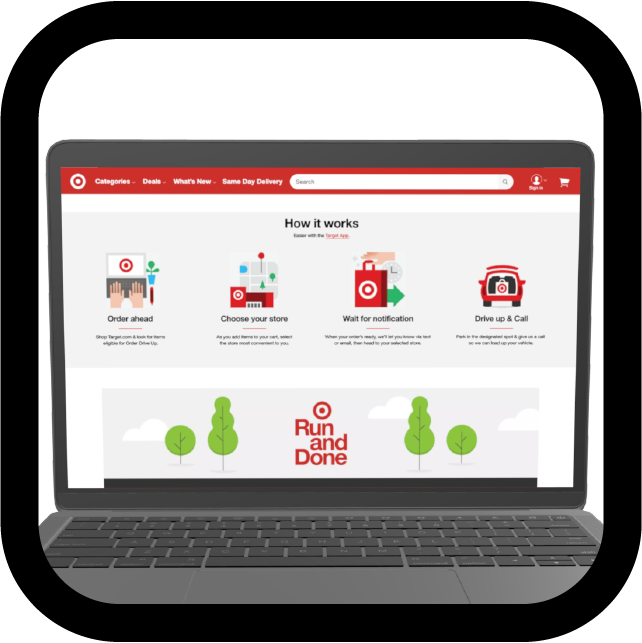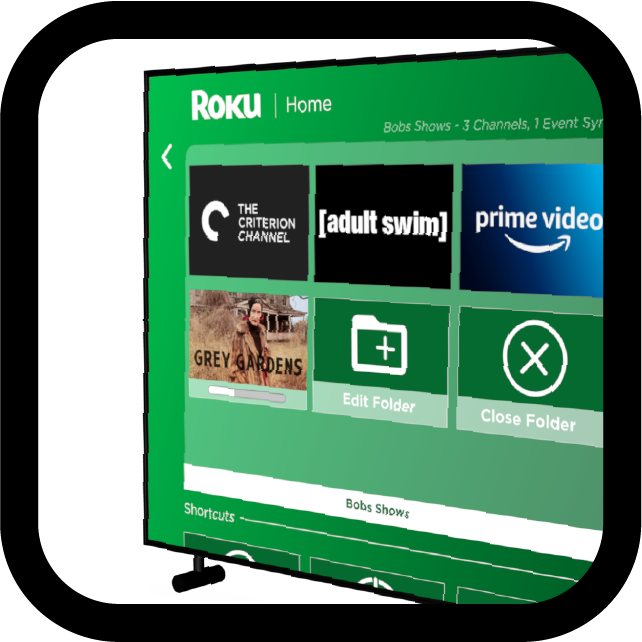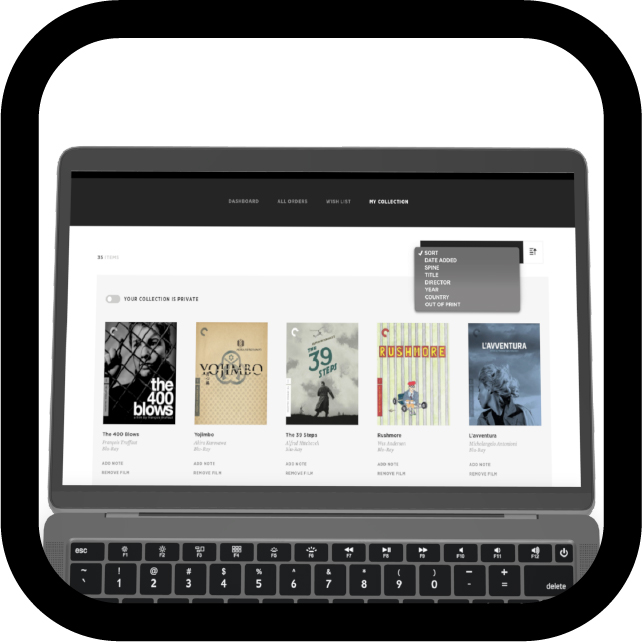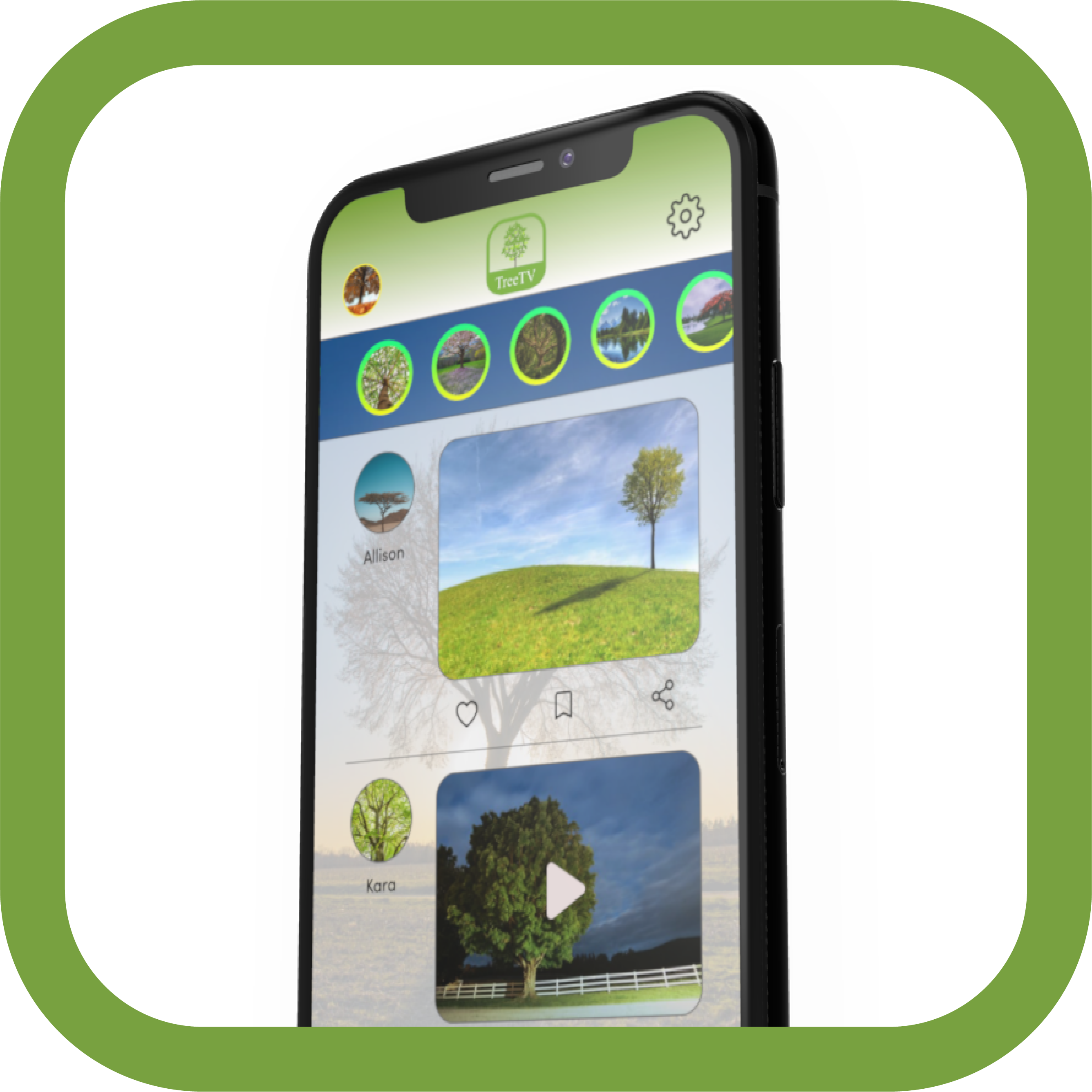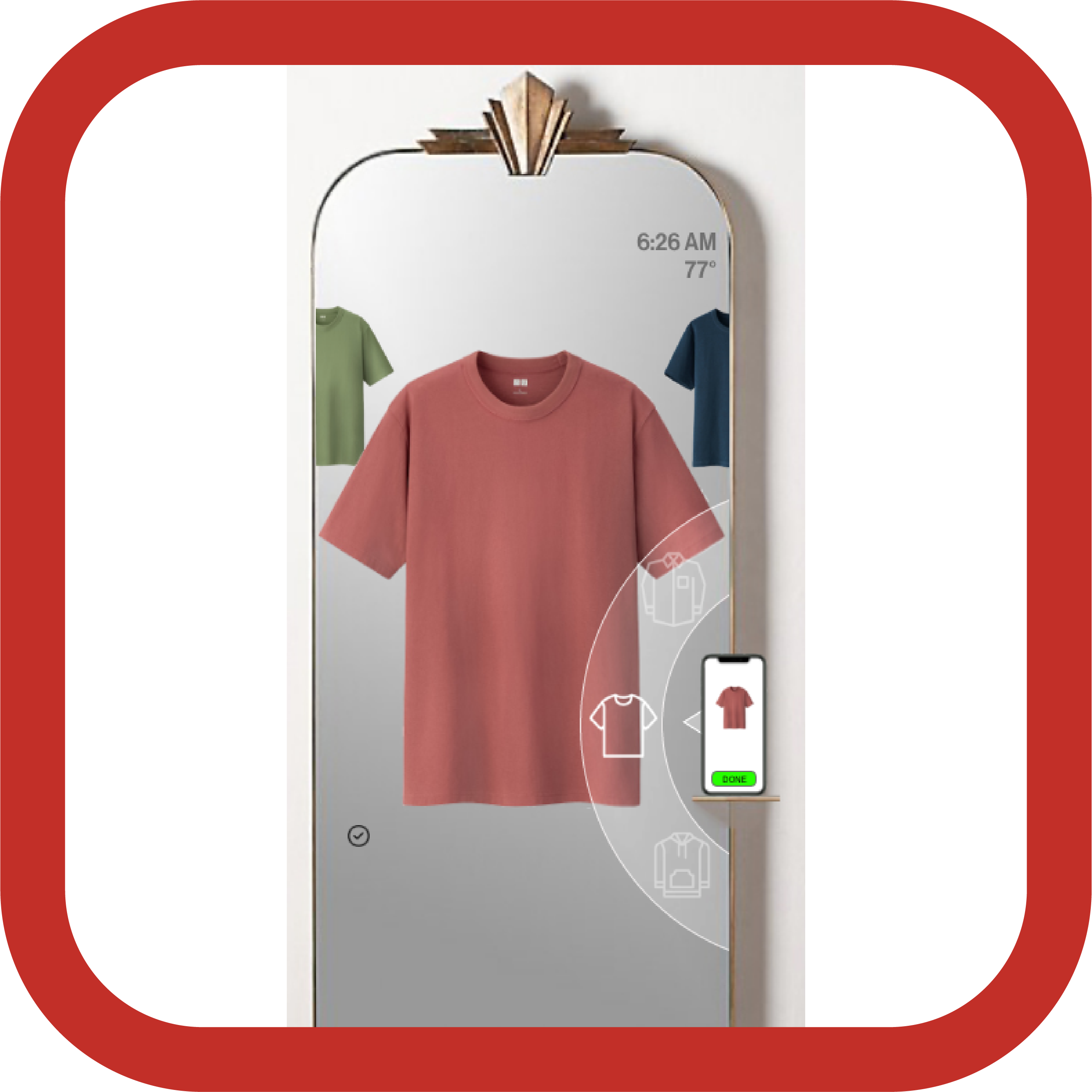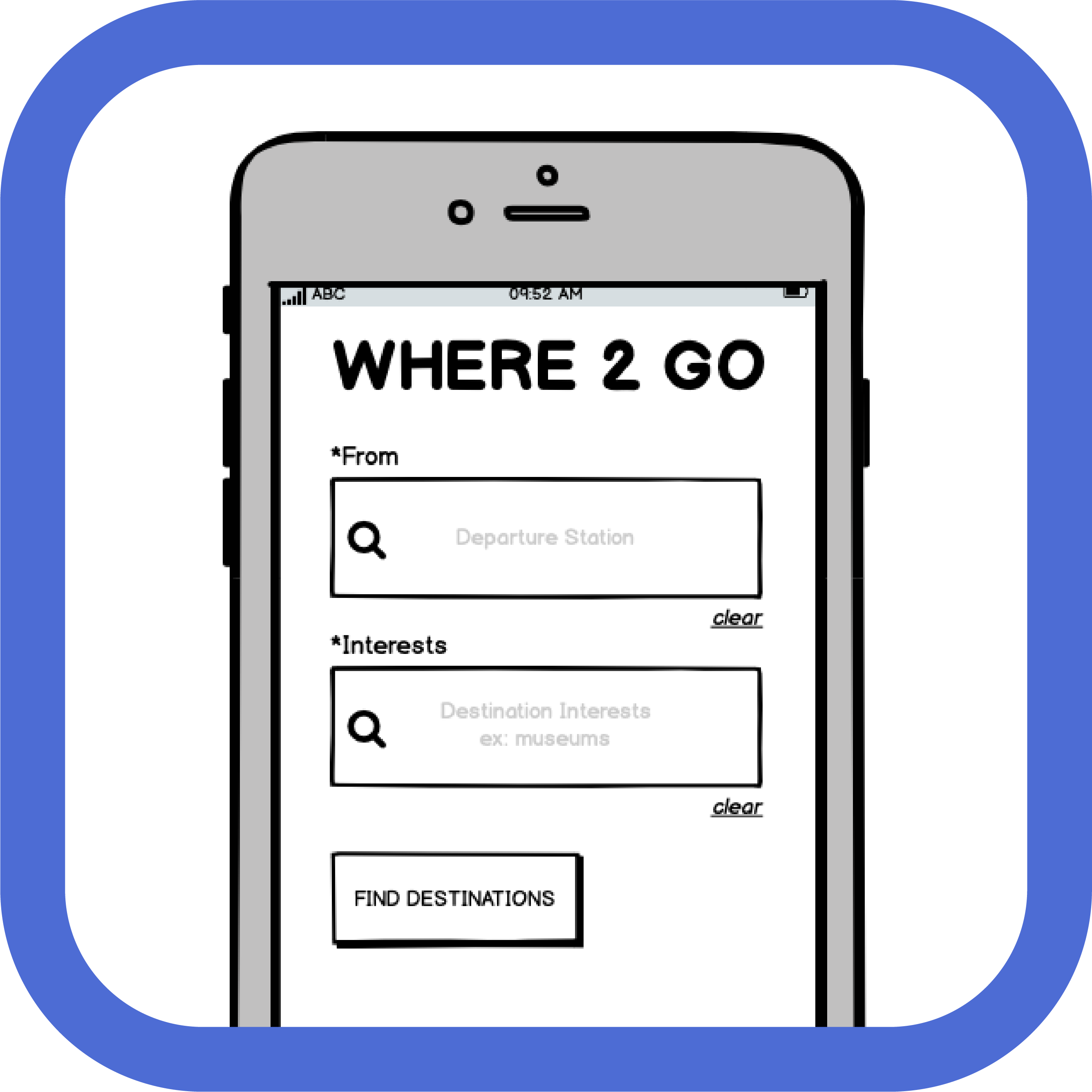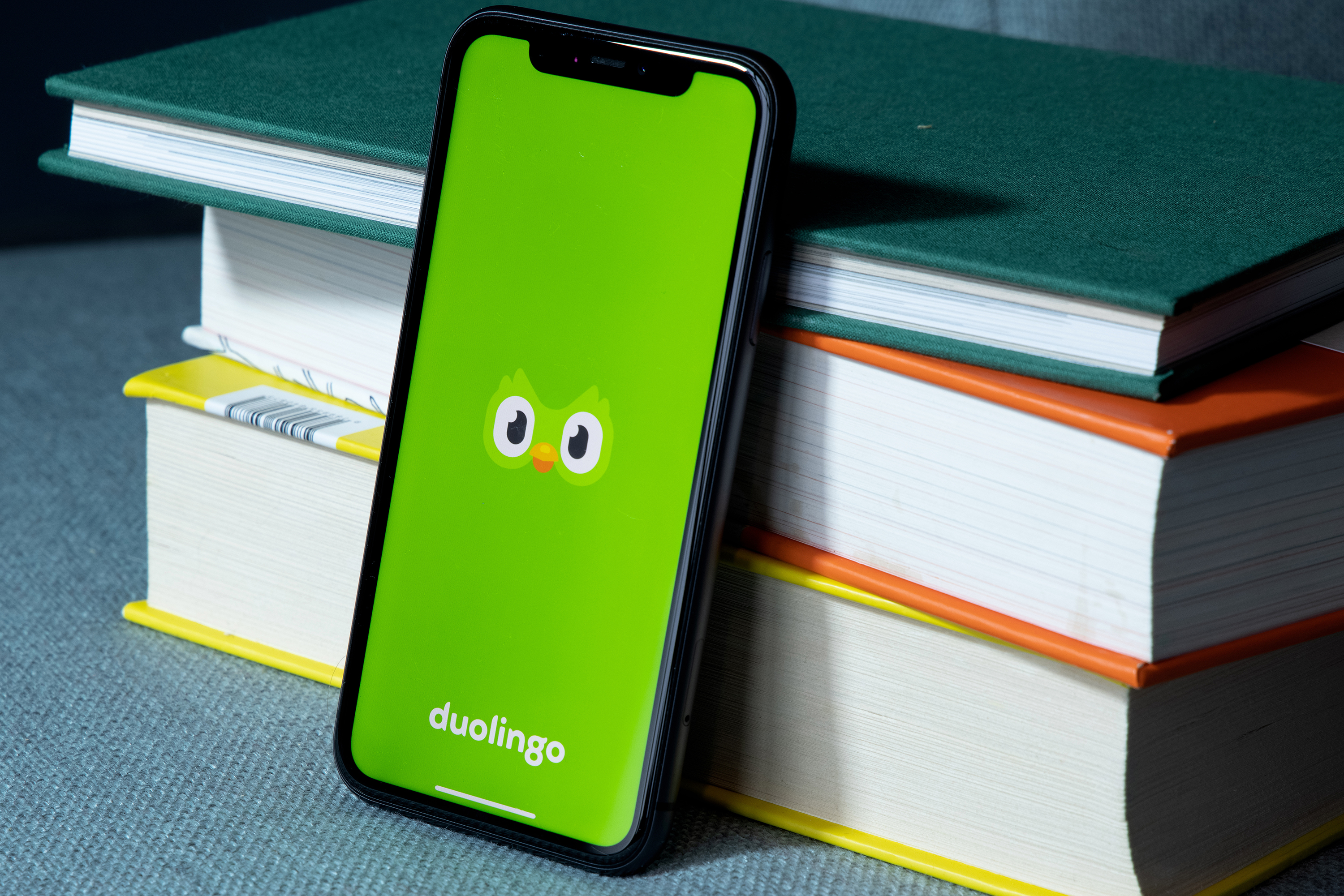
Duolingo Case Study
Self-directed thoughts on a usability problem
PROJECT OVERVIEW
As an avid fan of Duolingo, I noticed they do not provide a feature for the user to quickly & directly learn words or phrases related to a specific field and category. I designed a small but important solution that I believe solves the problem.
As an avid fan of Duolingo, I noticed they do not provide a feature for the user to quickly & directly learn words or phrases related to a specific field and category. I designed a small but important solution that I believe solves the problem.
SKILLS & TOOLS UTILIZED
User Flow
Adobe Illustrator
Adobe Photoshop
Adobe XD
Duolingo
Rotato
User Flow
Adobe Illustrator
Adobe Photoshop
Adobe XD
Duolingo
Rotato
DUOLINGO CASE STUDY PROTOTYPE
THE CHALLENGE
Design an experience for the user to learn words or phrases related to a specific field and category.
Design an experience for the user to learn words or phrases related to a specific field and category.
THE APPROACH
A Use Case defines all the ways to use a system to achieve a particular goal. I made sure to define the user’s needs with a sequence of simple steps and then mapped the User Flow. The user journey begins with completing the first unit and then searching for a specific category of words related to their desired experience.
A Use Case defines all the ways to use a system to achieve a particular goal. I made sure to define the user’s needs with a sequence of simple steps and then mapped the User Flow. The user journey begins with completing the first unit and then searching for a specific category of words related to their desired experience.
USER FLOW
I created a user flow to help visualize how the user will navigate learning specific categories and words within Duolingo’s current experience after completing the first unit.
I created a user flow to help visualize how the user will navigate learning specific categories and words within Duolingo’s current experience after completing the first unit.
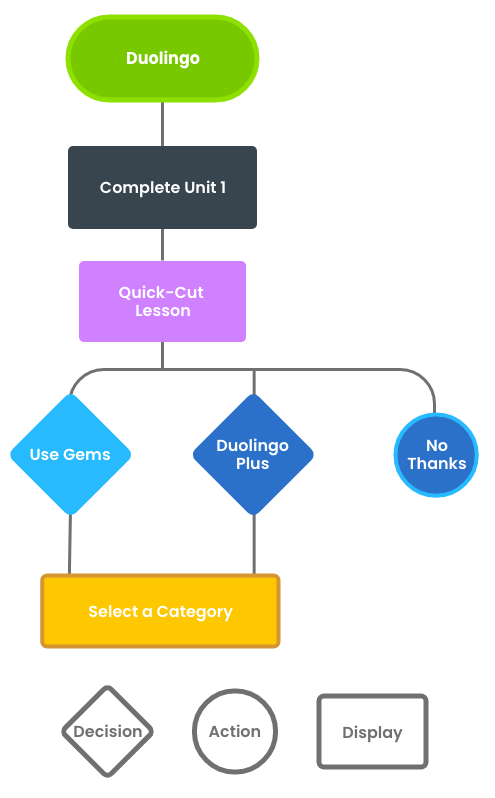
TASK ONE
Develop a banner title that conveys an easy way to understand the purpose of the lesson.
Develop a banner title that conveys an easy way to understand the purpose of the lesson.
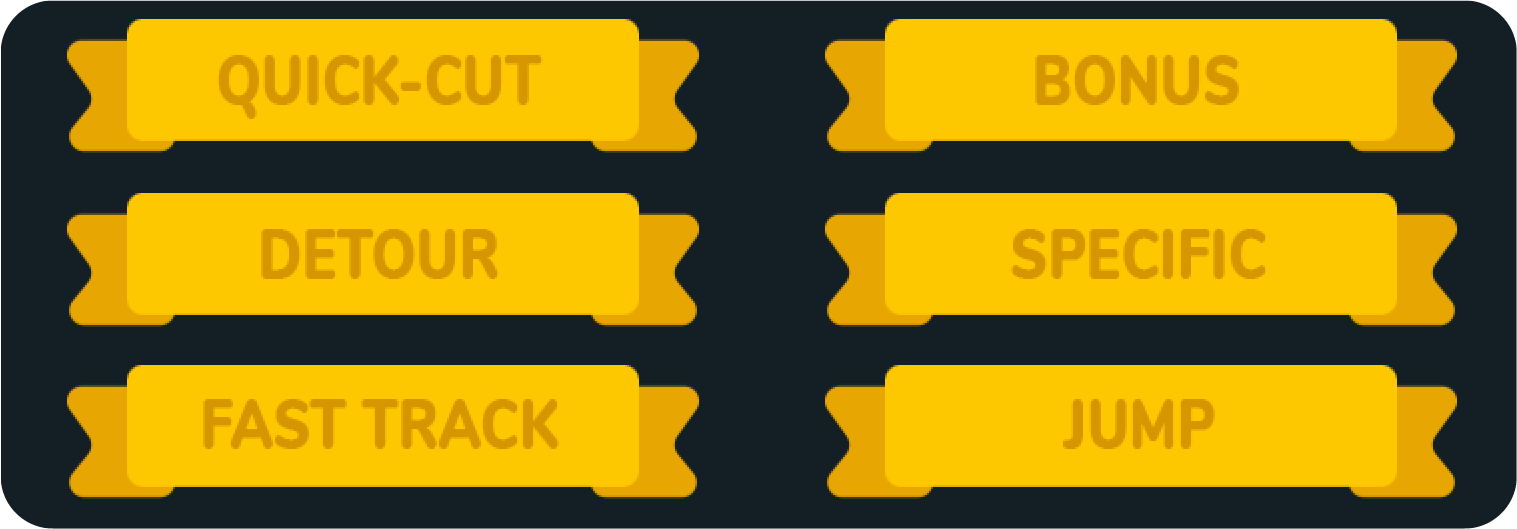
TASK TWO
Based upon Duolingo’s existing use of a castle theme, I utilized a Knight chesspiece to represent the user’s ability to move laterally and forward within a user’s specific lesson.
Based upon Duolingo’s existing use of a castle theme, I utilized a Knight chesspiece to represent the user’s ability to move laterally and forward within a user’s specific lesson.

INACTIVE

ACTIVE
TASK THREE
Communicate to the user, what the Quick-Cut Lessons are and how to access them.
Communicate to the user, what the Quick-Cut Lessons are and how to access them.

TASK FOUR
Develop a menu of Quick-Cut Lessons that cater to specific user needs- such as Restaurants, Transit and Vacations.
Develop a menu of Quick-Cut Lessons that cater to specific user needs- such as Restaurants, Transit and Vacations.

TASK FIVE
Exploring the possibility of adding the Quick-Cut Lesson to the side bar.
Exploring the possibility of adding the Quick-Cut Lesson to the side bar.


DUOLINGO CASE STUDY PROTOTYPE
